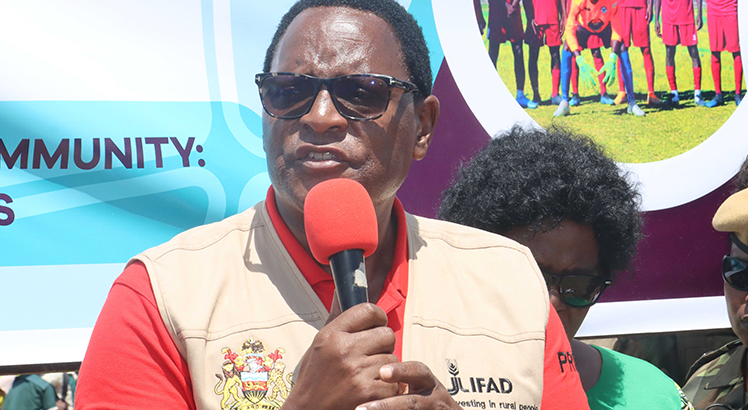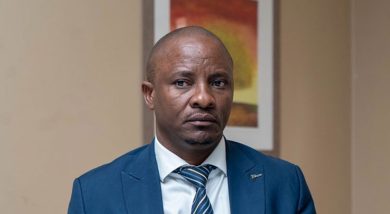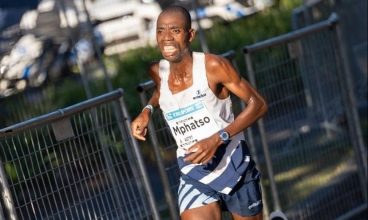RVG defends hiring of under-qualified coaches
Flames coach Ronny van Geneugden (RVG) has defended his move to engage some under-qualified coaches in the national teams, saying they are due to attend the required CAF B-licence course soon.
Responding to a question on inclusion of—Peter Mponda, Lovemore Fazili and Temwa Msuku—who do not possess the CAF B-licence, which is the Football Association of Malawi (FAM) minimum requirement for Super League clubs coaches, the Flames mentor said: “Before the appointments were made, the [FAM] TD [technical director] John Kaputa said a CAF B licence course was due to take place this month and I could not deny coaches that have the potential an opportunity because of the three-week period [the course would take].

“But the course has been delayed because the TD is currently in Morocco and FAM granted a concession for me to work with these coaches knowing that they [FAM] have planned to conduct the required training in due course.”
RVG further argued: “If the benchmark is the Super League, then I am not off the mark because all the head coaches for the national teams—myself, Meke Mwase [Under-20] and DeKlerk Msakakuona [Under-17]—we all meet the requirements and it is the assistant coaches that have lower qualifications.”
He said there is need to give a platform to recently retired players who have taken up coaching and have shown potential.
“That is why we have Mponda, James [Sangala] and Swadick [Sanudi] in the current set-up and there are still others, such as Peter Mgangira and Esau Kanyenda, that will be involved in the near future either as assistant team managers or trainee assistant coaches. Some of these have played under different highly-qualified coaches both within and beyond the borders and we must encourage them to plough back their knowledge; otherwise, it will be a waste.”
The Belgian coach said Malawi has a lot of potential coaches and that is why he did not ask for an expatriate assistant coach.
“Qualifications are vital, yes, but let us not turn a blind eye on the talent that is there. Before I go, I would love to groom as many promising coaches as possible so that FAM can have a huge pool from where to choose the next national team coaches other than going for another mzungu.”
FAM vice-president James Mwenda, who heads the technical subcommittee, said while they are aware that some coaches are under-qualified, they cannot deny promising coaches a chance for exposure.
“We granted a concession for these coaches to work with the national teams knowing fully well that we have planned to conduct the required training courses in due course. We also took this decision on the basis that head coaches of various national teams are qualified.
“Such considerations will only be made as an exception based on a targeted and definite training programme being in place. The same discretinary arrangements will also apply to prospective Super League coaches as demonstrated in the past.
“It is in the best interest of the coaches that we are not seen to be discriminating potential coaches [and] as they develop their strategic plan, they must adopt this method of fusing raw talent into the fold so that we can bridge the gap and develop a wider pool of coaches.”
Mwenda said the other challenge is that there are some coaches who are highly qualified, but do not practise.
“Their knowledge is not put into practice and if they can’t find teams to coach them they should consider impsder imparting the knwoledge they have to others by becoming trainers of coaches,” he said
Early this week, NFCA general secretary Dave Mpima accused FAM of playing double standards on the issue of minimum qualification in an interview with The Daily Times, arguing: “FAM is a confused state. How can they be forcing Super League clubs to employ CAF B-licence coaches when the same does not apply to national teams. Are they going back on their own policies?.





